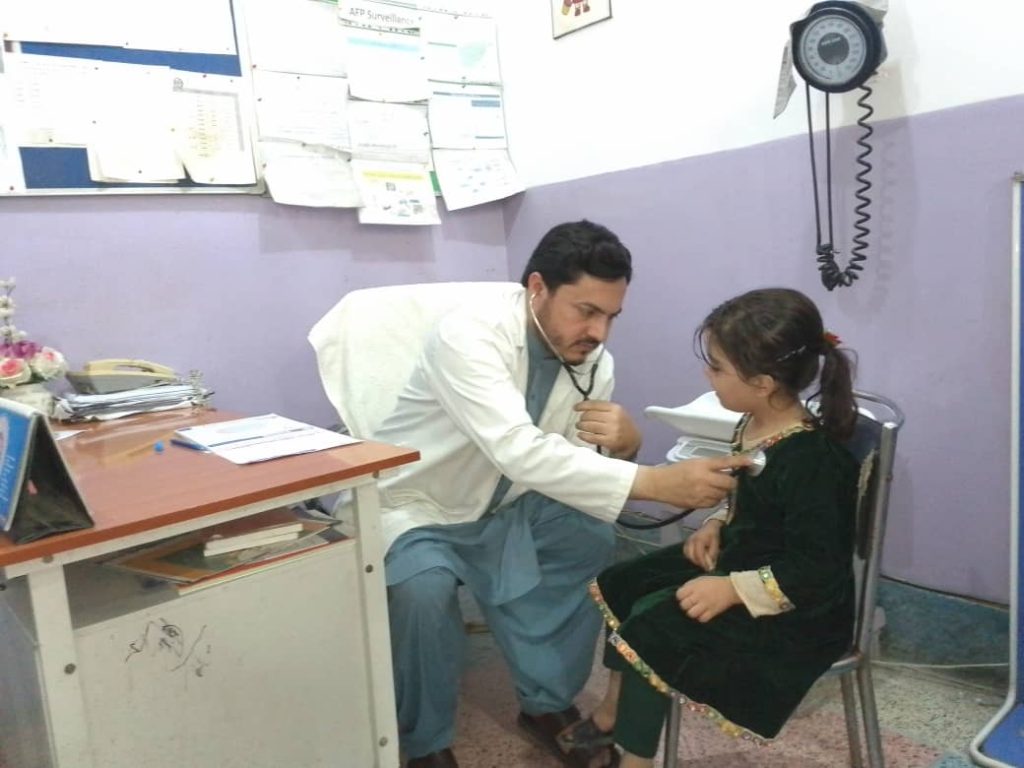Pediatirc Department
The Pediatric Department in DUA hospital is a specialized medical department that is dedicated to the care and treatment of infants, children, and adolescents, from birth up to the age of 18 or 21, depending on the hospital’s specific policies. Here are the key functions and services provided by the Pediatric Department:
General Pediatric Care: Pediatricians and healthcare professionals in this department offer general medical care for children. This includes routine check-ups, vaccinations, and monitoring of growth and development.
Sick Child Visits: Parents and caregivers bring children to the Pediatric Department when they are unwell. Pediatricians diagnose and treat a wide range of childhood illnesses and conditions, such as respiratory infections, fevers, ear infections, and gastrointestinal issues.
Emergency Care: Pediatric emergency rooms or urgent care facilities within the department are equipped to handle pediatric emergencies, such as accidents, injuries, and severe illnesses.
Newborn Care: Neonatal care units (NICU) and well-baby nurseries are part of the Pediatric Department to provide specialized care for newborns, including premature infants.
Developmental Assessments: Pediatricians conduct developmental assessments to track a child’s physical, emotional, and cognitive development. Early intervention services may be offered if developmental delays are identified.
Vaccinations and Immunizations: The department administers vaccinations and immunizations according to recommended schedules to protect children from a variety of diseases.
Chronic Disease Management: Pediatric specialists may manage chronic medical conditions in children, such as asthma, diabetes, allergies, and epilepsy.
Pediatric Surgery: Some hospitals have pediatric surgeons who perform surgical procedures on children, such as hernia repair, tonsillectomy, and more complex surgeries when needed.
Pediatric Subspecialties: Pediatric departments may have specialized subunits, such as pediatric cardiology, pediatric neurology, pediatric gastroenterology, and others, for the management of specific conditions and diseases.
Child and Adolescent Psychiatry: Some pediatric departments include child and adolescent psychiatrists who can provide mental health assessments, counseling, and treatment for behavioral and emotional issues.
Child Life Specialists: These professionals help children cope with the hospital experience by providing emotional support, play therapy, and educational activities.
Parent and Caregiver Education: Pediatric departments often provide parents and caregivers with education and guidance on child-rearing, nutrition, safety, and other topics.
Collaboration with Schools: Pediatric departments may collaborate with local schools to manage chronic health conditions and provide support for students.
The Pediatric Department is staffed by pediatricians, pediatric nurses, pediatric specialists, child psychologists, and child life specialists who are trained to address the unique medical and emotional needs of children. It plays a crucial role in ensuring the well-being and healthy development of children from birth through adolescence.

